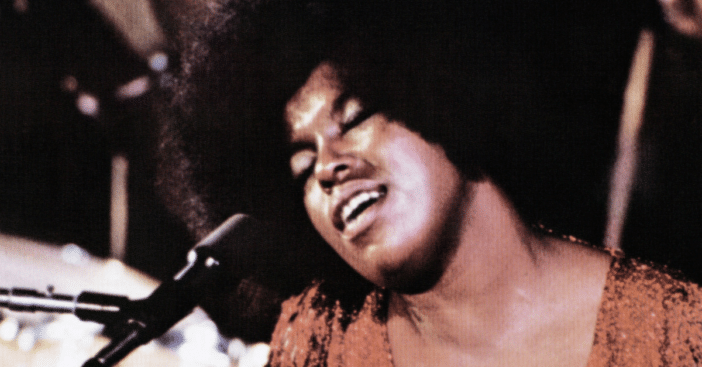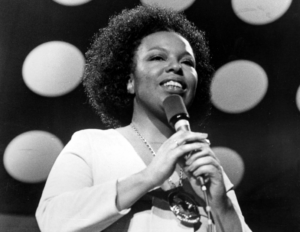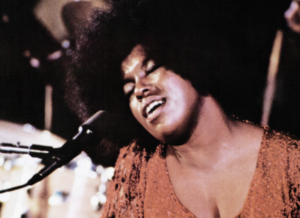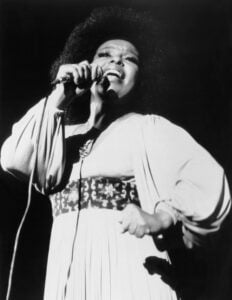
- Roberta Flack died on February 24 at the age of 88.
- No official cause of death has been shared.
- As an R&B artist, she was known for her unique style and songs such as “Killing Me Softly with His Song” and “The First Time Ever I Saw Your Face.”
On February 24, Roberta Flack passed away. The R&B icon was 88 when she died, and by time of writing no official cause of death has been announced, according to Variety. “We are heartbroken that the glorious Roberta Flack passed away this morning,” reads a statement from her family. “She died peacefully surrounded by her family. Roberta broke boundaries and records. She was also a proud educator.”
Roberta Flack’s claim to fame was as transcendent as her soulful voice. With effortless elegance, she redefined love and longing through timeless classics like “The First Time Ever I Saw Your Face” and “Killing Me Softly with His Song,” captivating audiences and earning a permanent spot in the pantheon of musical legends.
A rising star

Born in North Carolina, Roberta’s journey began in a home where music was the lifeblood of everyday existence. Surrounded by the rich sounds of gospel, jazz, and classical melodies, her natural talent emerged early, setting the stage for a lifelong romance with music.
As she grew, Roberta diligently honed her craft through formal study and impassioned performances in local venues. Every note she sang was a step on the winding road from neighborhood recitals to the cusp of stardom—a journey fueled by a blend of rigorous training and an innate, heartfelt connection to her art.
The legendary Roberta Flack

The early 1970s heralded her breakthrough as her velvety vocals soared onto radio waves and into the hearts of millions. Her recordings became the soundtrack of an era, turning personal ballads into universal anthems. With each song, she delivered stories of love, hope, and resilience that resonated far beyond the confines of a studio.
Even as musical trends evolved and technology advanced—yes, even when our smartphones started “singing” in auto-tune—Roberta’s voice remained a timeless emblem of sincerity and grace. Her enduring influence not only charted new territories in soul and pop but also reminded us that true artistry can never be outmoded, no matter how digital the world becomes.

